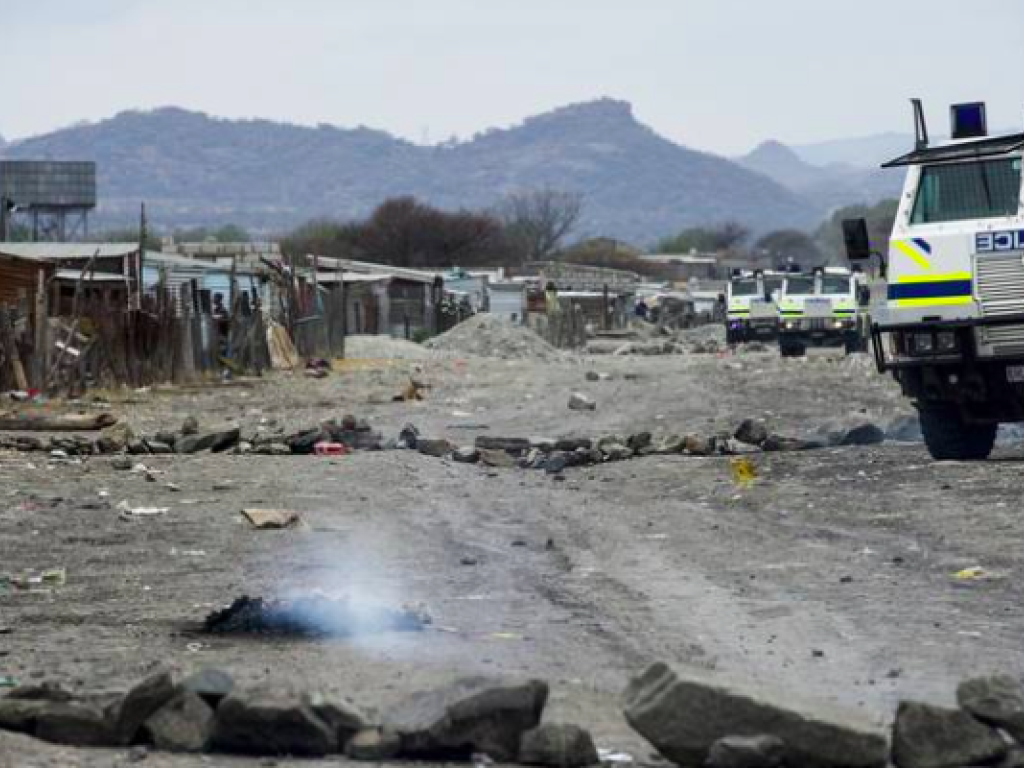'Riotous Behaviour': Policing through a law easily abused

In the first days of 2016, Cape Town academic, Edward Grebe, found himself in a police cell. His crime? Daring to film police officers make an arrest.

SAPS records state that in the 2014/15 financial year, police arrested 1 707 654 people. This might sound impressive, but were all of these arrests necessary and legal? Among these the SAPS notes that 491 548 were for offences less serious than shop lifting. What do such arrests communicate to those arrested? For Grebe, his encounter with police left him traumatized by what seemed to him an abuse of police powers.
... my burning sense of injustice and anger reflected my privileged position, in which being treated unjustly was unusual. I felt fearful — the arbitrary power of the police officers detaining us, and their lack of scruples, was by now abundantly clear and left me worried about what might happen.
In an Op Ed published in the Daily Maverick, Centre of Criminology Post-Doctoral Fellow Andrew Faull, and law graduate Joseph Shaw, weigh in on the subject.
The purpose of arrest can only be to ensure an accused’s attendance at court. No other purpose is lawful. It is not up to an arresting officer to determine whether an arrested person should be detained pending criminal trial. That is a decision reserved for the judiciary alone.
